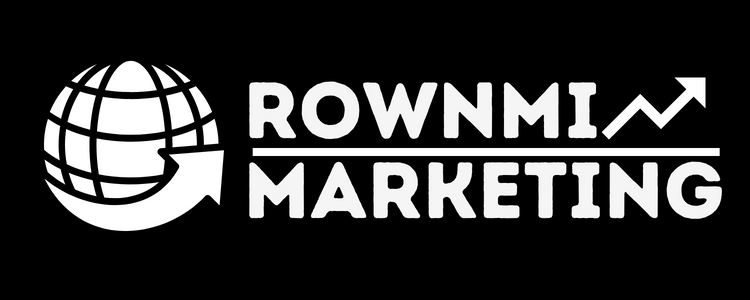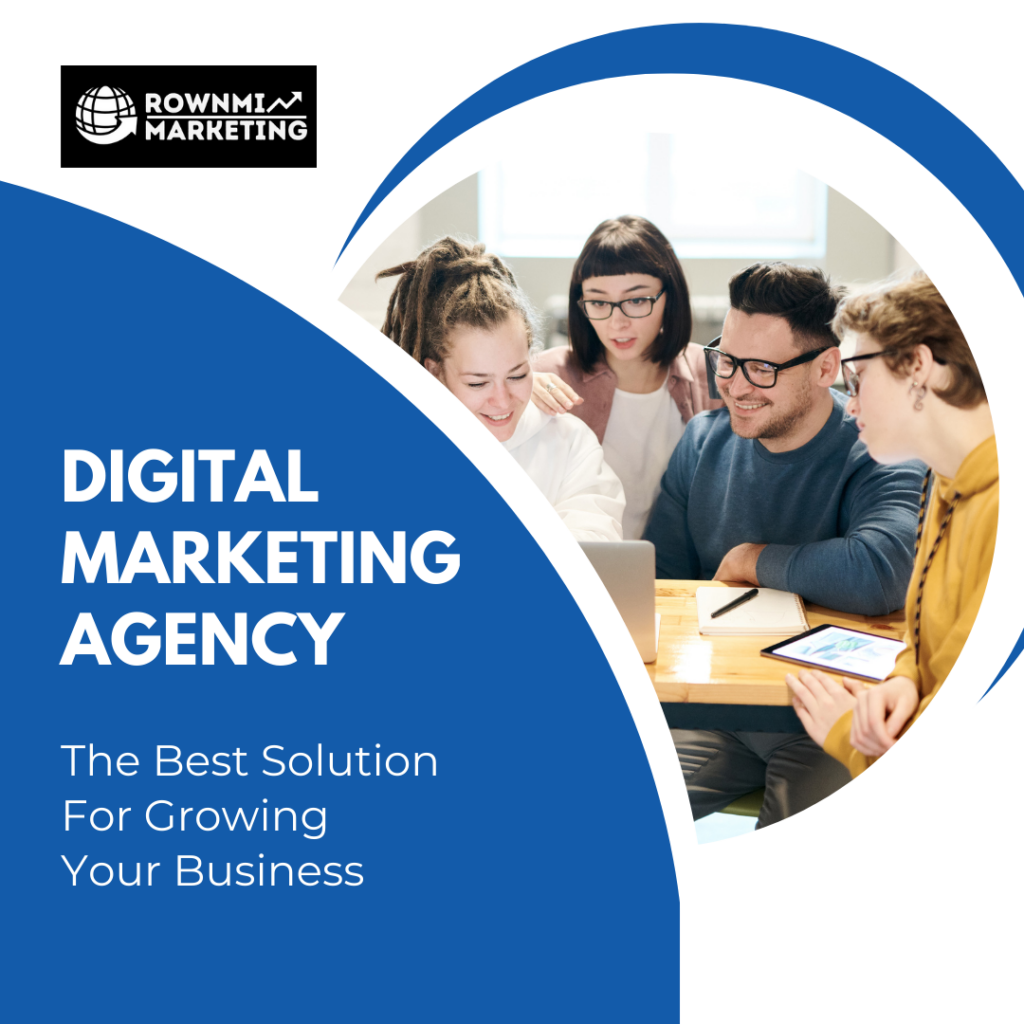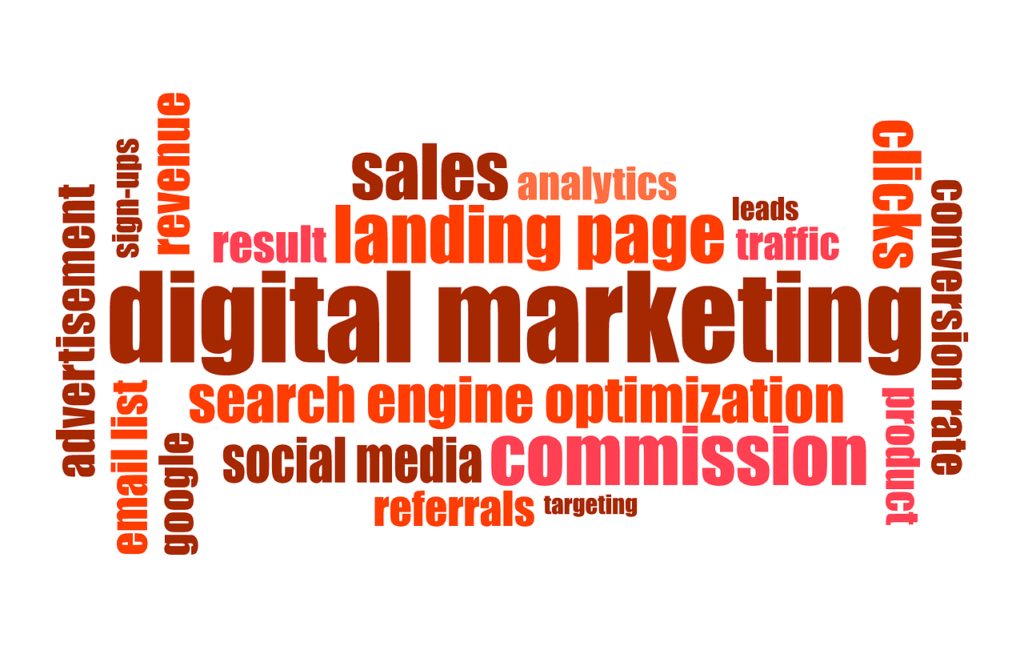

Marketers face new challenges in the digital marketplace. But they also have the opportunity to create personalized, relevant communications and content to develop deep relationships with customers based on ongoing interactions. Explore the resources below to learn more.
From optimizing content to personalizing offers to managing relationships across channels, companies in every industry are using digital marketing to improve the customer experience and move customers along the buying cycle.
Retailers use digital marketing to see who their customers are and understand their shopping patterns in real time. This deep understanding allows retailers to offer an increasingly personalized shopping experience for each customer, which improves customer loyalty and sales.
In the TMT industry, digital marketing is helping companies better segment and automate marketing messages, as well as analyze social media conversations and call center transcripts to make customized, relevant offers that help decrease costly churn.
Small and midsize businesses that don’t have large marketing departments or budgets are using digital marketing to manage and automate campaigns, quickly evaluate what’s working, and easily make improvements.
Sports teams use digital marketing to increase revenue by examining concession, merchandise and ticket sales for every event and using the insights to update marketing and promotional strategy on the spot.
Public sector organizations use digital marketing to better understand citizens’ needs, facilitate communication and identify segments most likely to be interested in public programs and services.
What does true restaurant customer experience look like? Contact us or follow us and learn through the full-range of personalized, perfectly-timed touchpoints orchestrated by her local grocery store for maximum customer convenience and satisfaction.
Digital marketing and its associated channels are important – but not to the exclusion of all else. It’s not enough to just know your customers; you must know them better than anybody else so you can communicate with them where, when and how they are most receptive to your message.

Search engine optimization, or SEO, is technically a marketing tool rather than a form of marketing in itself. The Balance defines it as “the art and science of making web pages attractive to search engines.” The "art and science" part of SEO is what’s most important. SEO is a science because it requires you to research and weigh different contributing factors to achieve the highest possible ranking on a serch engine results page (SERP).
As mentioned, the quality of your content is a key component of an optimized page. As a result, SEO is a major factor in content marketing, a strategy based on the distribution of relevant and valuable content to a target audience. As in any marketing strategy, the goal of content marketing is to attract leads that ultimately convert into customers. But it does so differently than traditional advertising. Instead of enticing prospects with potential value from a product or service, it offers value for free in the form of written material, such as:
Social media marketing means driving traffic and brand awareness by engaging people in discussion online. You can use social media marketing to highlight your brand, products, services, culture, and more. With billions of people spending their time engaging on social media platforms, focusing on social media marketing can be worthwhile. The most popular digital platforms for social media marketing are Facebook, Twitter, and Instagram, with LinkedIn and YouTube not far behind. Ultimately, which social media platforms you use for your business depends on your goals and audience.